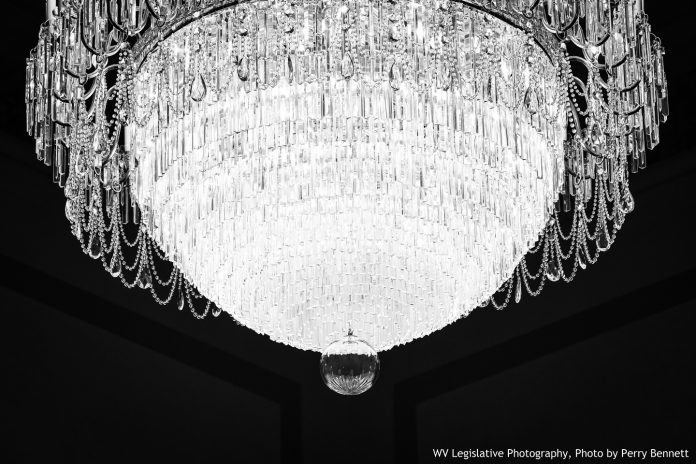While much of the public and media focus each legislative session is on the final passage of bills, much of the actual work occurs not on the floors of the respective chambers but in committee rooms. In fact, the work done by the various committees in the House of Delegates and state Senate are paramount to any and all final tally of bills passed in the annual 60-day regular session.
It is the members on each committee who have to decide whether one of the thousand of bills introduced each session gets considered and is worthy for passage. Committees are the first stop once ideas are drafted into proposed legislation on the path to becoming a law.
During any legislative session there are three main committees that address and debate legislation introduced and under consideration by lawmakers: standing committees; select committees; and conference committees.
Select committees are far fewer in number and are typically created by each body to address specific issues and report their findings and any recommendations to the full House or Senate. Once an assigned task has been completed, a select committee will be discharged from its duties and dissolved by each body’s presiding officer.
An example from recent years of a select committee is when the House of Delegates created the Select Committee on Stimulus Utilization, which reviewed legislation, and made several recommendations to the Speaker of the House regarding any relevant stimulus legislation they were considering at that time.
Each session when bills are introduced they are referred to one of these two, standing or select, committees where they begin the process and scrutiny by the Legislature.
Finally, conference committees are created – only during times when the Legislature is in session – to resolve any differences between the Senate and House versions of one particular bill. During the course of debating bills, the Senate and House of Delegates may differ on details within the final version, but, for a bill to become law, identical versions of the bill must pass both bodies.
As often happens during the legislative process, the Senate or the House amends a bill already passed by the other body. When neither body will withdraw its changes or accept the other body’s amendments to the bill, the bill in question is referred to a conference committee comprised of equal members of both bodies.
Normal procedure calls for three members of each body to be appointed to a conference committee. A notable exception to this, however, is a conference committee formed to resolve differences in the annual budget bill, when five members from each body are assigned.
This year, for the first time in the West Virginia Legislature’s long history, committee meetings from both the Senate and House of Delegates are being streamed live on the Legislature’s web site.
Citizens no longer need to travel to Charleston to follow committee debates and track what issues are being discussed in these meetings. Constituents are merely a click away, wherever they are in the state, promoting openness and shining a light on the committee process.
